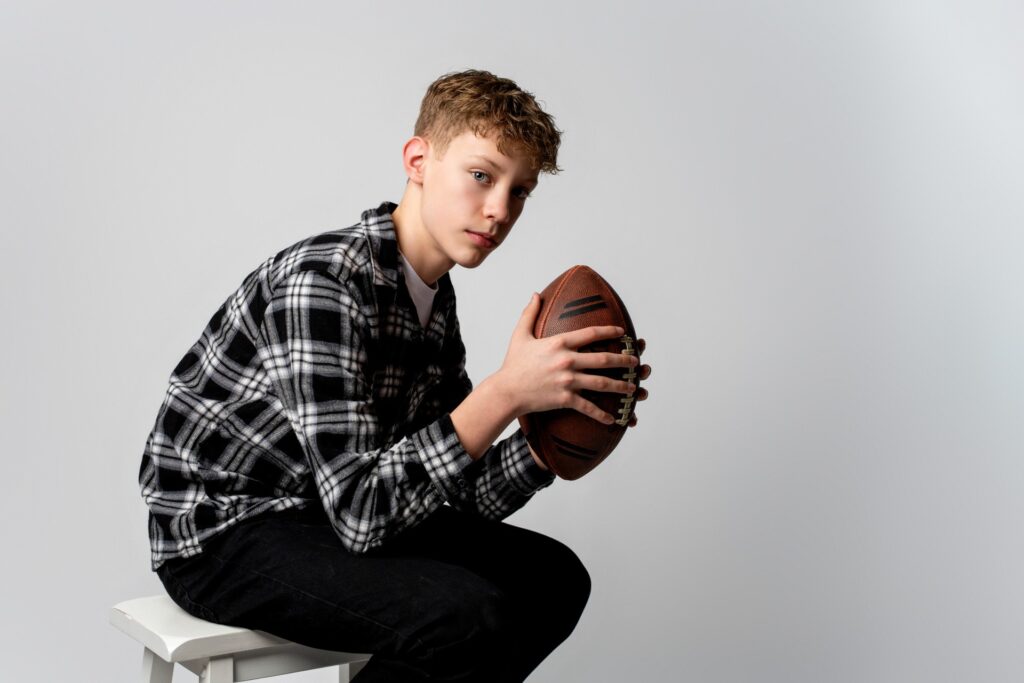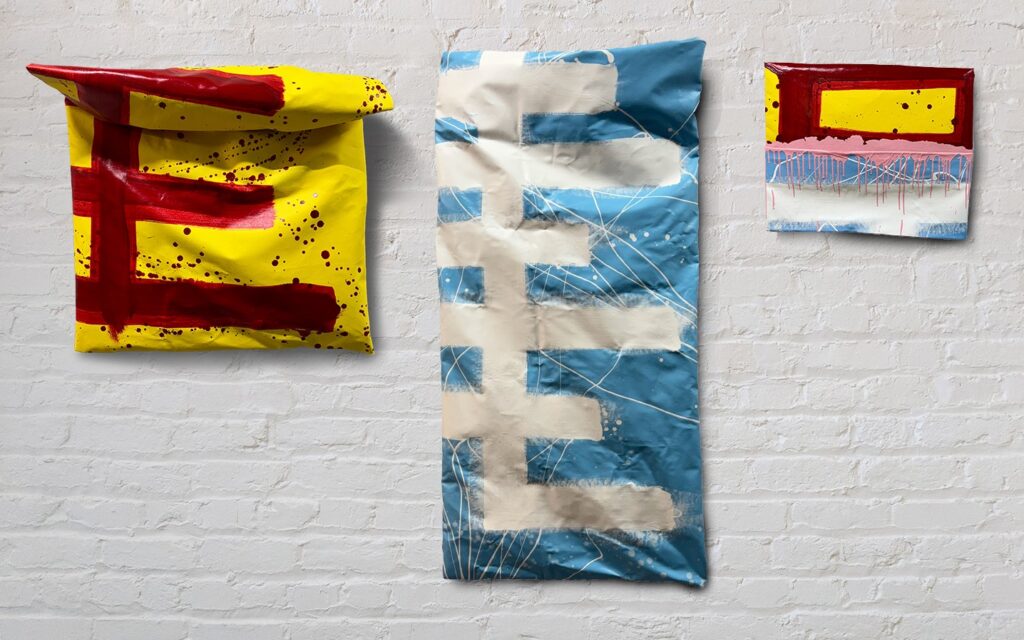Permanent Collection
Purpose & Passion
At Spiva, our collections are meant to forge connections. Whether it’s connecting community members to our shared past or helping one another see the known in new and enlightening ways, each piece is chosen with care to enrich the lives of those in and around the region we love.
Accessions & Donations
Within our permanent collection, artworks are still likely to change. Accessioned pieces may be used for exhibition, study, research, loan, examination, or deaccession.
If you have an artwork you would like to gift, donations to Spiva are eligible for tax deductions. However, we do not provide a valuation for donated items for tax reasons. Additionally, our staff does not offer appraisal services to visitors. For the donor’s best interest, we advise securing an appraisal from an independent, qualified third party before donating an item to Spiva.
Mindful Deaccessioning
As our community naturally evolves over time, we occasionally revisit our collection to ensure it aligns with our vision and purpose. Some objects are evaluated for deaccession if they no longer align with our goals or if they have experienced deterioration.
Whether an object finds a new home, is exchanged, or becomes a part of another institution’s treasure, each step is taken with the great respect and with an eye on the broader goal of serving our community.
Our Gratitude & Commitment
We are exceptionally proud to be part of Joplin and the surrounding community. Our goal is to make art and creativity part of everyday life, and we’re succeeding thanks to the open arms and minds of our members, neighbors, and visitors.
In honor of George Spiva, and all those who have served before us, we promise to keep progressing your vision forward. To those who will continue the legacy, we’ll keep working so you can start on a solid path.
Sponsors & Partners



Snapshots
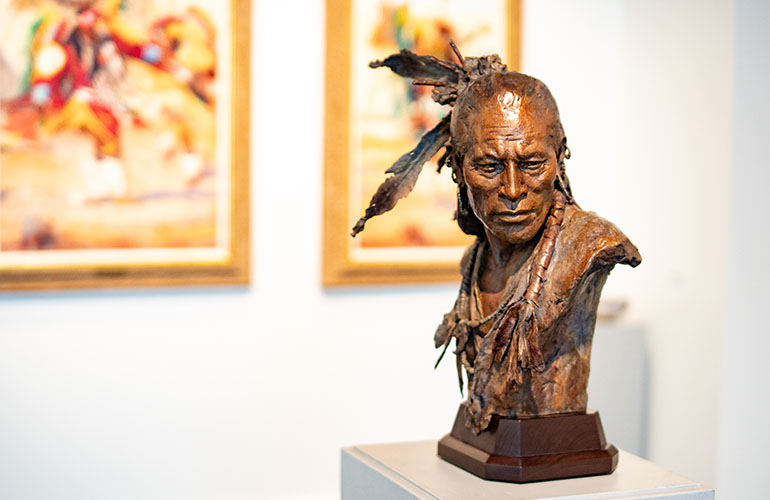
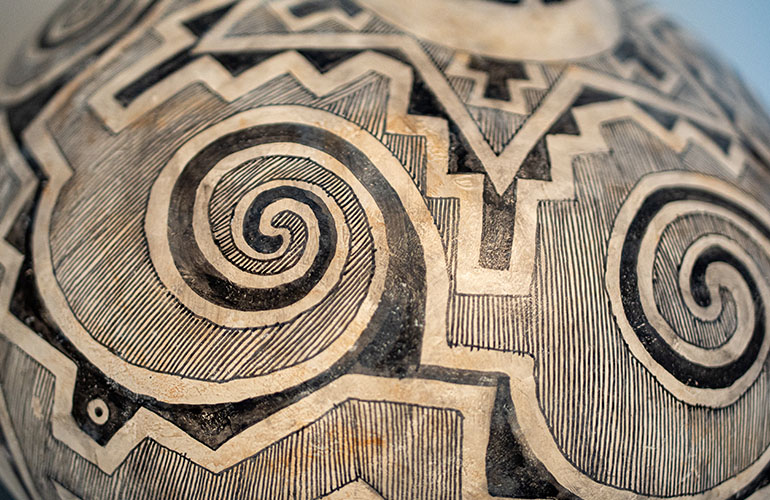
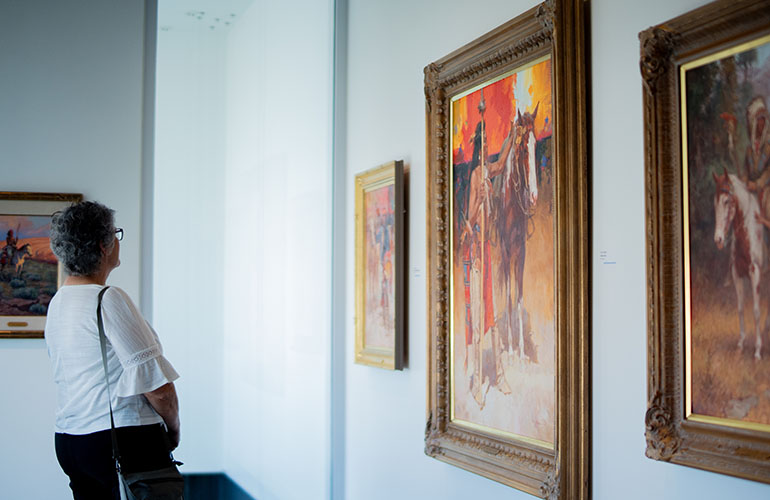
Upcoming Exhibits

Unbreakable: The Veteran Spirit
Jo Mueller Reserve Gallery
